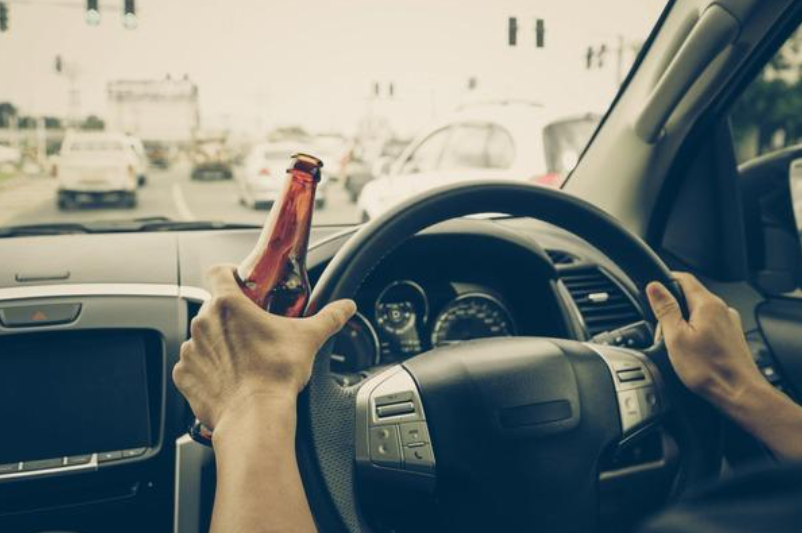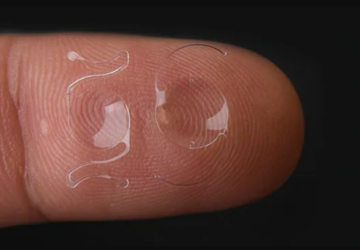New York is one of several states that follow a no-fault insurance system, which can significantly impact how compensation is handled after a car accident—including those involving driving under the influence (DUI). Under this system, your own insurance typically covers your medical expenses and lost wages, regardless of who was at fault.
However, things get more complex when the at-fault driver is intoxicated. These situations can quickly evolve into criminal matters, bringing severe penalties and long-term repercussions tied to the legal consequences of DUI charges.
Understanding how no-fault insurance works can help you better prepare for the aftermath of a DUI-related crash in New York. Read on to learn how the no-fault system intersects with DUI laws and what it could mean for your rights and responsibilities.
How No-Fault Insurance Works in New York
New York’s no-fault insurance system is designed to ensure that individuals injured in car accidents receive prompt medical treatment and compensation for basic economic losses—regardless of who caused the crash. This system helps reduce delays and litigation by directing accident victims to file claims with their own insurance provider first.
Under New York Insurance Law § 5103, no-fault coverage includes up to $50,000 per person for:
- Medical and hospital expenses
- Lost earnings (up to $2,000 per month for up to three years)
- Costs for household help or transportation to medical appointments
- A death benefit of $2,000
This coverage applies to the driver, passengers, pedestrians, and cyclists injured by a motor vehicle in the state, provided the incident falls under the no-fault system’s definition of a “covered accident.”
Does No-Fault Coverage Apply in DUI Accidents?
Yes—but with limitations. Even if a driver was under the influence of alcohol or drugs at the time of the crash, no-fault insurance usually still applies. This means that injured parties (including the intoxicated driver) may still qualify for basic no-fault benefits to cover medical treatment and lost wages. However, there are some important exceptions and nuances.
In particular, the no-fault system does not cover:
- Drivers operating a vehicle while committing a felony
- Injuries that were intentionally caused
- Motorcycle drivers and passengers (they are excluded from no-fault benefits in New York)
Driving under the influence is a criminal offense under New York Vehicle and Traffic Law, but unless it results in a felony (e.g., aggravated DWI, vehicular assault, or vehicular manslaughter), the driver may still receive no-fault benefits.
However, insurance companies may investigate and challenge a claim if there is evidence of gross negligence or criminal activity beyond simple intoxication.
When You Can Step Outside the No-Fault System
No-fault benefits are limited to economic losses, and they do not provide compensation for pain and suffering or other non-economic damages. In certain DUI accidents, especially those resulting in serious injury, a victim may pursue a third-party personal injury claim outside the no-fault system.
Under New York Insurance Law, an individual may sue the at-fault party if they suffered a “serious injury,” such as:
- Significant disfigurement
- Bone fractures
- Permanent loss of use of a body organ, member, function, or system
A medically determined injury or impairment that prevents the person from performing their usual daily activities for at least 90 days within the first 180 days after the accident. In DUI-related accidents where the intoxicated driver causes significant harm, injured parties often meet this threshold and can file a lawsuit to seek full compensation.
Consequences for the DUI Driver in a No-Fault Claim
While a DUI driver may still access basic no-fault benefits, they could face serious consequences that go beyond the civil claim process. Insurance companies may cancel or non-renew the driver’s policy, and premiums are likely to increase dramatically.
In addition, any third-party claim against the DUI driver may result in the insurer paying damages up to the policy’s liability limits—but the driver may be personally responsible for any amount beyond that.
Also, under New York law, a driver convicted of DUI may be subject to:
- License suspension or revocation
- Mandatory alcohol education or treatment
- Fines and court fees
- Installation of an ignition interlock device (IID)
All these consequences can follow even if no one else was hurt in the crash, but they become significantly harsher when the DUI results in injury or death.
Final Thoughts on No-Fault and DUI Collisions
New York’s no-fault insurance system offers a layer of financial protection after most car accidents, including those involving impaired drivers. However, the legal and insurance implications of a DUI crash go far beyond standard claims. Understanding how these laws apply can help victims and drivers alike navigate the complexities that follow such incidents.








